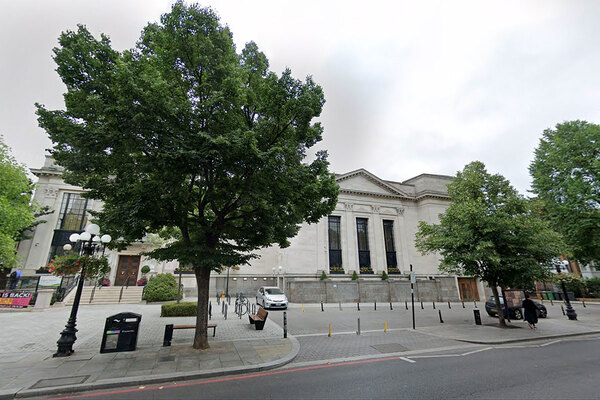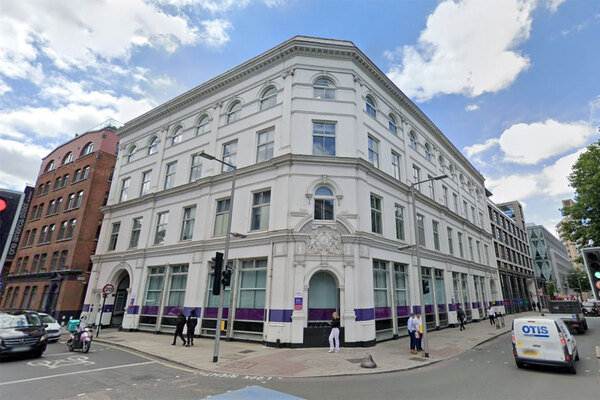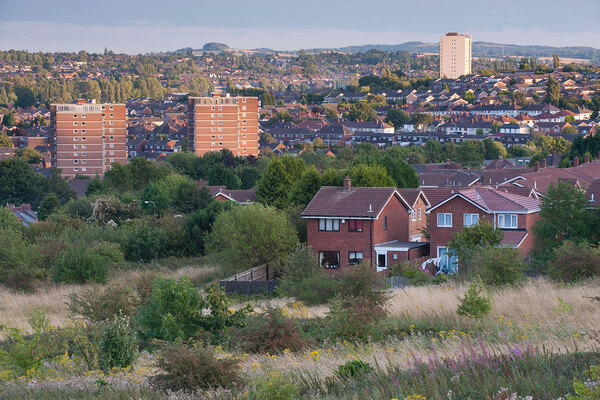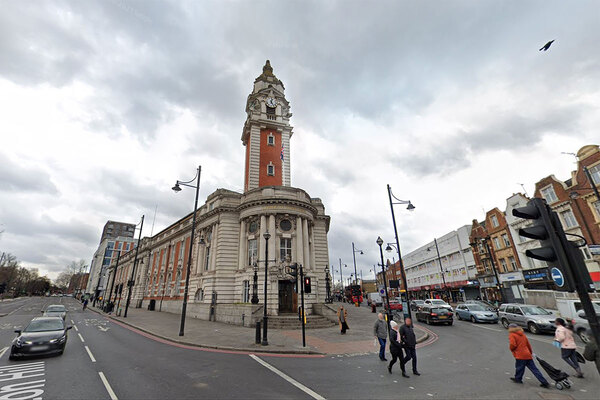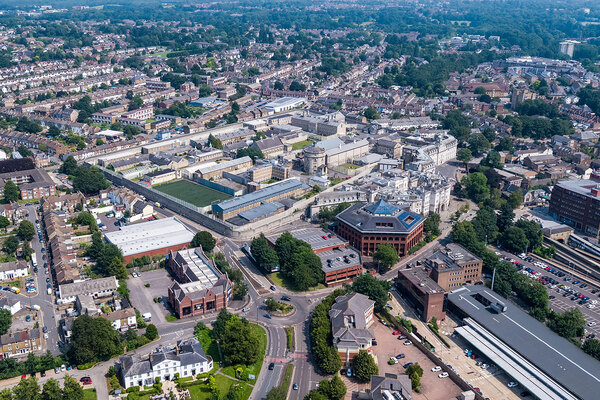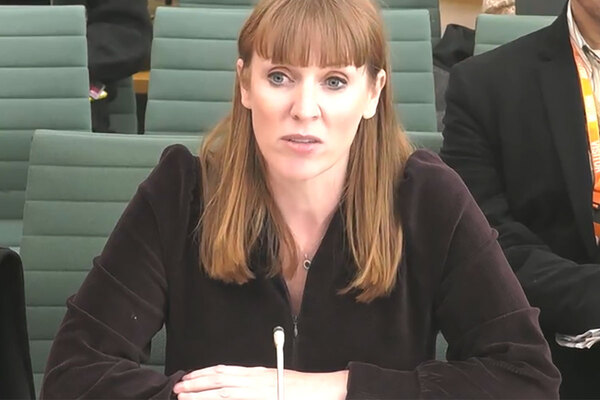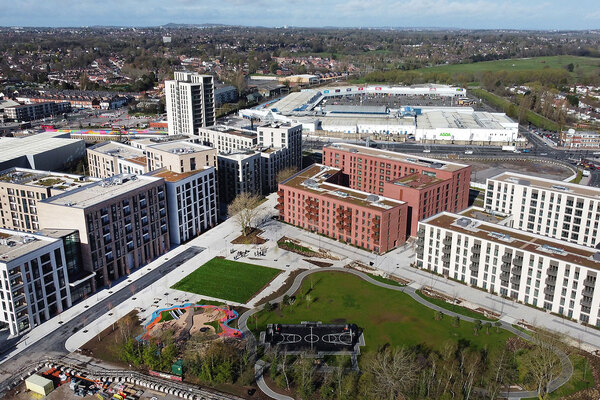You are viewing 1 of your 1 free articles
More than 100 councils call for reform of local authority financing and Right to Buy
A cross-party coalition of more than 100 councils has called on the government to usher in solutions, including a multimillion-pound cash injection and reforms to Right to Buy, to England’s “broken” council housing system, in a new report.
The report, Secure the future of council housing, will be launched at an event in Westminster later today, detailing five solutions to fix council home funding after years of an “unsustainable financial model and erratic national policy changes”.
In July, 20 of the largest council landlords published an interim summary of their recommendations, with over 80 more backing the report since then.
The report sets out a roadmap for implementing the solutions to the crisis.
The fixes include a new Housing Revenue Account (HRA) model containing a £644m “rescue injection” of cash to make up for the income lost because of the rent cap from 2023 to 2025, and long-term rent and debt agreements.
The HRA system is in “a perilous state”, which even a fresh rent settlement will not fix, the report said.
It said: “Unless something is done to stabilise its foundations soon, most council landlords will struggle to maintain their existing homes adequately or meet the huge new demands to improve them, let alone build new homes for social rent.”
A crucial part of this is to make sure councils have “consistent, predictable access to affordable borrowing”, with the government committing to not reimpose any borrowing caps.
The councils also call for debt adjustment by nationalising a share of HRA debts, which would enable local authorities to raise new financing, and a new self-financing settlement.
Because HRAs are classed as falling within the public sector net debt metric, the report noted that the Treasury has restricted council borrowing for housebuilding “using a raft of complex, opaque and constantly shifting control mechanisms, introducing unnecessary cost and uncertainty into council landlords’ business models”.
A long-term rent settlement must last for its intended period, the report said, with any “unavoidable” changes funded by central government. Rent convergence should also be reintroduced, it recommended.
Other solutions are reforms to Right to Buy policies, a long-term green and Decent Homes Programme, and action to restart stalled building projects.
Right to Buy reforms include ending the policy for newly built council homes and reducing discount levels from £75,000 outside of London and £100,000 in London to levels that make sure capital receipts are enough to enable councils to replace the homes.
The report also asked that councils be allowed to keep 100% of Right to Buy receipts, provided they are reinvested in social rent homes within 10 years.
Kieron Williams, leader of Southwark Council, said: “This unprecedented coalition of councils – representing every corner of England – is united in our determination to ensure our residents have decent and affordable homes.”
The councils also called for the removal of “red tape” on the Affordable Homes Programme, including extending the strategic partnership model to local authorities. “Funding should be streamlined, allocated simply, reflect recent cost inflation, and allowed to be used flexibly to meet local housing need,” the report said.
A new green and Decent Homes Programme should allocate at least “£12bn to council landlords over the next five years, an average of at least £2.4bn per year”.
Without these changes, the group has warned that the new government will fail in its bid to deliver the biggest increase in social and affordable housing in a generation.
Will Cooper, Lewisham Council cabinet member for better homes, neighbourhoods and homelessness, said: “Huge and rising costs in providing temporary accommodation, an ageing stock, new regulatory requirements and the cumulative loss of homes through Right to Buy all mean than providing the council homes our communities need is becoming a more unreachable goal by the day.
“Putting councils on a firm financial footing is a necessary first step to tackling the wider housing crisis.”
The coalition also flagged data from Savills suggesting that a £2.2bn black hole in councils’ housing budgets is expected by 2028.
London Councils warned in March this year that the capital’s local authorities face a £700m gap in their social housing finances over the next four years due to the rent cap.
In July, Islington Council identified a £1.8bn shortfall in its HRA during its 30-year business plan, between what it believes is a “sound level of investment” and the resources it has available to it.
Sign up for our Council Focus newsletter
Already have an account? Click here to manage your newsletters

